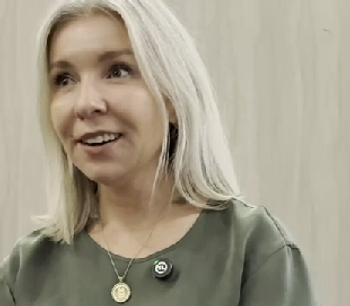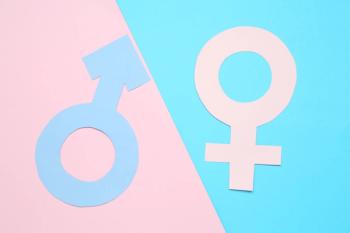
Is There a ‘War on Women’ Department?
Key Takeaways
- The Department of Defense's renaming and policies suggest a perceived "war on women," emphasizing male-centric standards in combat roles.
- The closure of the Defense Advisory Committee on Women in the Services reflects concerns about a divisive feminist agenda affecting combat readiness.
H. Steven Moffic, MD, explores the ongoing challenges for women in the military and society, highlighting the need for recognition of their unique contributions.
PSYCHIATRIC VIEWS ON THE DAILY NEWS
You likely know that our government’s Department of Defense was renamed the Department of War on September 5, 2025. I wonder if they forgot to add a couple of words. As far as I can tell, it seems to be: the US War on Women Department.
The current US Secretary of Defense, who appeared with
Perhaps, then, he is planning to further raise the standards until there is a gender difference with more “
These points seemed to reinforce that his department has informally become a department of War on Women. Come to think it, it seems like his party was already making war on women, particularly with the ending of the Roe v Wade abortion rights, as well as denying any gender identity change or fluidity. Some had already noticed the war on women over recent decades.1
What seems to be ignored in this war on women is not only what makes women biologically and sometimes culturally different, but what is so valuable about such differences and how they might complement the common tendencies of men.
Historically, it seems like my psychiatric career paralleled much of this gender controversy. In 1972, I began my psychiatric residency training and was confronted with whether to recommend
When I was inducted into the army on July 1, 1977, as a psychiatrist, I was stationed at Ft. McClellan, Alabama, which was then the military base for WACs (Women’s Army Corps). However, the WAC was dismantled in the armed services about a year later, on October 20, 1978; as a result,
I can’t vouch for the physical capabilities of women on the base at that time, but they seemed invaluable in the ways that Carol Gilligan, PhD, researched and documented, starting in 1977.2 Although there are certainly overlaps and exceptions, compared to a male emphasis on moral judgment, women tended to emphasize relationships, along with empathy and caring, obviously of potential value in child rearing. That relative difference seemed to translate well to working in health care and to defuse conflicts. No wonder, then, that there seemed to be more women in psychiatry than other medical specialties before the Civil Rights era. Perhaps it fits, too, that the most famous primatologist of our time was a woman, Jane Goodall, who just passed away.
What seems to be ignored in this war on women is not only what makes women biologically and sometimes culturally different, but what is so valuable about such differences and how they might complement the common tendencies of men. Such complementary tendencies can be particularly valuable not only in the military, but also in relationships and business, let alone in the potential complementary tendencies of couples within and across each gender.
Dr Moffic is an award-winning psychiatrist who specialized in the cultural and ethical aspects of psychiatry and is now in retirement and retirement as a private pro bono community psychiatrist. A prolific writer and speaker, he has done a weekday column titled “Psychiatric Views on the Daily News” and a weekly video, “Psychiatry & Society,” since the COVID-19 pandemic emerged. He was chosen to receive the 2024 Abraham Halpern Humanitarian Award from the American Association for Social Psychiatry. Previously, he received the Administrative Award in 2016 from the American Psychiatric Association, the one-time designation of being a Hero of Public Psychiatry from the Speaker of the Assembly of the APA in 2002, and the Exemplary Psychiatrist Award from the National Alliance for the Mentally Ill in 1991. He presented the third Rabbi Jeffrey B. Stiffman lecture at Congregation Shaare Emeth in St. Louis on Sunday, May 19, 2024. He is an advocate and activist for mental health issues related to climate instability, physician burnout, and xenophobia. He is now editing the final book in a 4-volume series on religions and psychiatry for Springer: Islamophobia, anti-Semitism, Christianity, and now The Eastern Religions, and Spirituality. He serves on the Editorial Board of Psychiatric Times.
References
1. Dworkin A.
2. Gilligan C.
Newsletter
Receive trusted psychiatric news, expert analysis, and clinical insights — subscribe today to support your practice and your patients.






